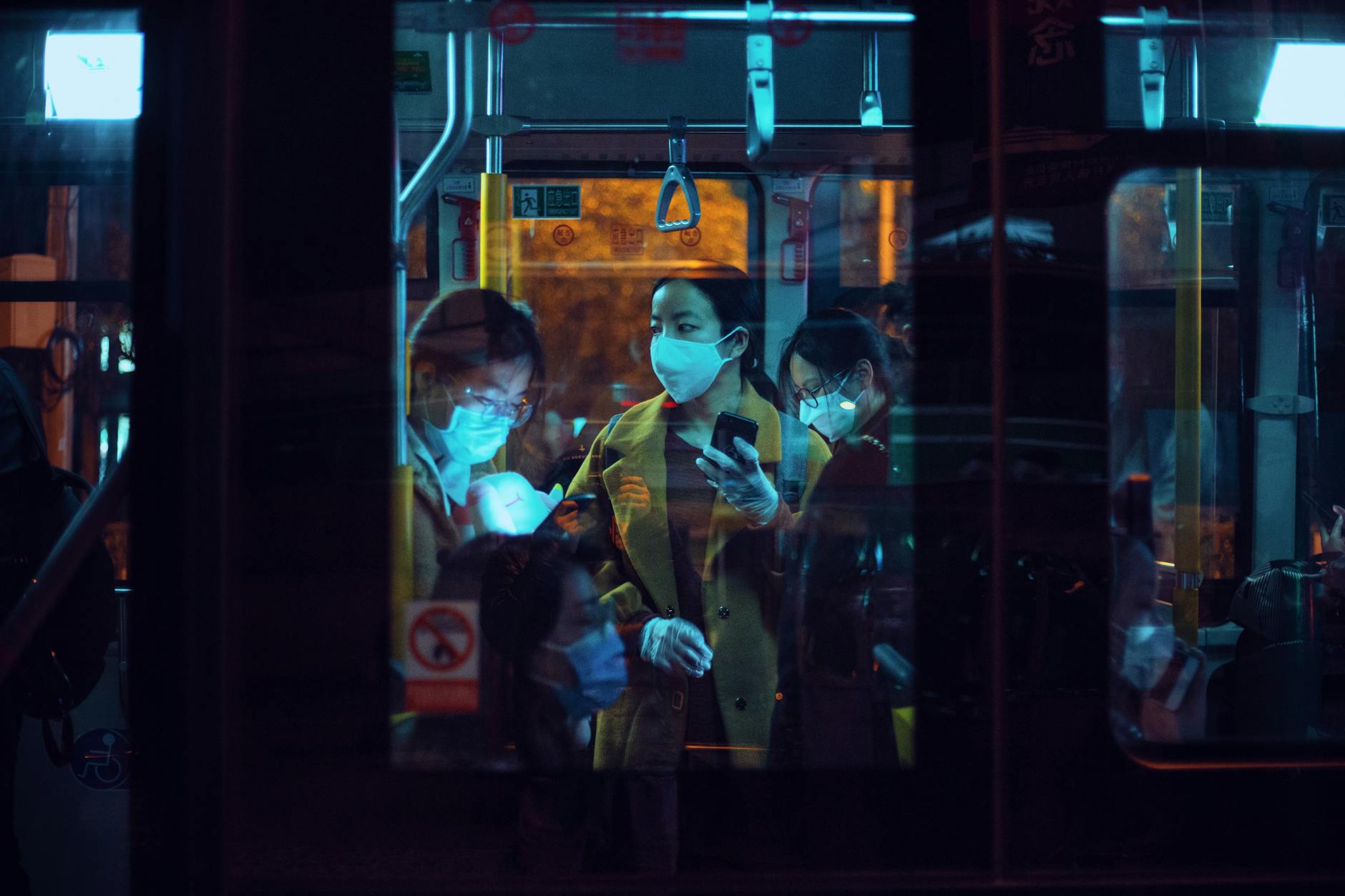Congratulations, László Krasznahorkai, for winning the Nobel Prize for literature.
I still remember reading his The Melancholy of Resistance (1989). It was a mostly unnerving, somewhat frightening experience because I read it at a time of great uncertainty in my own life. In The Melancholy, chaos lurks in the banal mechanisms of civic life: when a train is delayed, when a town is disordered, when an old woman’s journey is warped by fear. Using a slow implosion of meaning, Krasznahorkai confronts the reader not with the spectacle of a dystopia, which is all but apparent, but with a particular character of it that’s otherwise often too fleeting to scrutinise — the slow death of coherence that makes catastrophe feel almost natural more than even inevitable.
While the town in The Melancholy remains unnamed, there’s a sense that we all know where it is. It’s a landscape in which every gesture of governance has been reduced to a ritual and where only the forms of order persist even as their substance rots. The circus that arrives at the town’s edge, trailing a colossal whale and the promise of revelation, becomes a parable of how societies yearn for meaning precisely when they lose the capacity to create it. The town’s population is numbed by routine and discovers, unfortunately too late, that it has already surrendered its collective will. If you look closely, you’ll see just this line appear throughout history, often on the cusp of great violence and generational trauma.
To me at least, The Melancholy was disturbing not because of its setting in late-socialist Hungary but because of Krasznahorkai’s method, which portrayed entropy as an ordinary condition of modern life. In fact the town’s decay seems to mirror our own saturation with information and disinformation today, our bureaucratised indifference, and our surrender to slow violence rather than sudden terror. Today’s dystopias are not built by tyrants (even if they abound) but maintained by exhaustion — by creating virtues of the same systems that no longer work yet continue to grind on. Krasznahorkai’s long, spiralling sentences mimic this endurance by trapping readers within the drawling syntax of futility.
In this world, resistance teeters on the brink of melancholy because it no longer imagines victory, even new kinds: it simply refuses to forget what dignity once meant. The novel’s citizens shuffle through darkness as a travelling monstrosity settles down in their midst, resembling the contemporary crowds scrolling through crisis after crisis, aware that something monstrous is underway but which are too enmeshed, too ground down, in old habits to act. The Melancholy endures in effect because Krasznahorkai turns dystopia inside out. He doesn’t ask what happens when civilisation collapses but how it can manage to lumber on even long after its meaning has departed.
And its terror, of course, lies in recognising that the end of the world, whenever it comes, will look and feel exactly like the world we already know.
